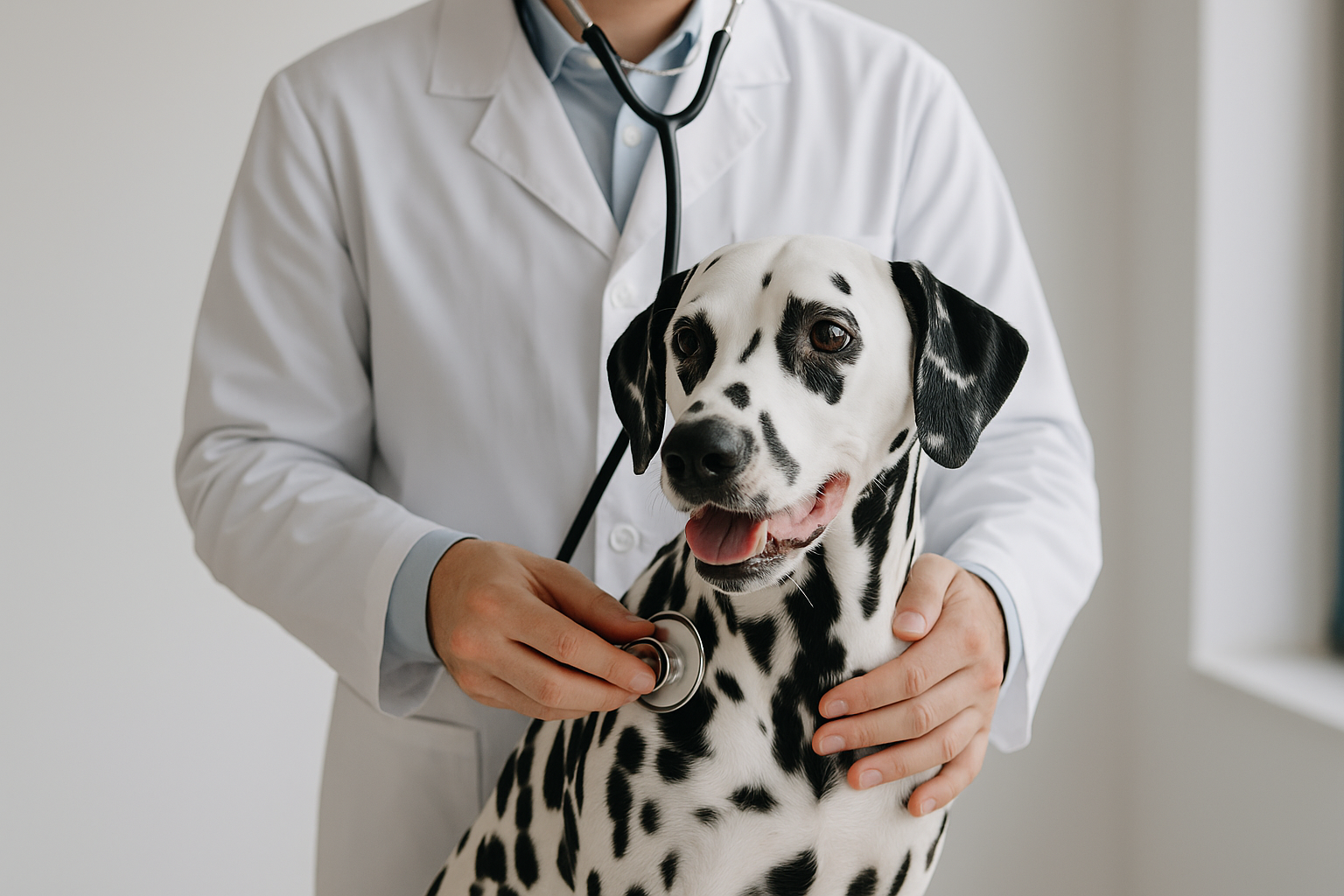
As pet parents, we often trust our eyes and instincts when it comes to the health of our furry companions. If they’re eating well, playing, and showing no signs of discomfort, it can be tempting to assume everything is fine. However, scheduling regular vet visits plays a crucial role in detecting underlying health issues before they become serious problems.
🚀 Preventive Care Saves Lives
Annual or semi-annual vet checkups offer more than just peace of mind. Vets use physical exams and screenings to identify early symptoms of:
- Diabetes
- Kidney or liver disease
- Dental issues
- Heart conditions
- Parasites
Catching these conditions early can lead to more effective, affordable treatments and a longer life for your pet. Routine bloodwork and urinalysis during regular vet visits are powerful tools that reveal what may not be visible on the surface.
🧐 Behavioral Clues Can Be Subtle
Pets are pros at hiding pain or discomfort. Cats in particular may act perfectly normal even with severe dental disease or arthritis. Dogs might adapt their movements to avoid showing pain. Vets are trained to spot these subtle signs during physical exams.
During regular vet visits, your veterinarian may notice:
- Limping or joint stiffness
- Changes in weight or coat condition
- Dental tartar or oral pain
- Abnormal heart or lung sounds
These early clues help catch issues before they escalate.
💼 Keep Vaccines and Parasite Prevention Current
Regular checkups ensure your pet stays protected with timely vaccinations and parasite control. Preventive medications for fleas, ticks, heartworms, and intestinal parasites are especially important in Florida’s warm climate. Missing a dose or delaying treatment can lead to serious illness or infestations.
Your vet can tailor a prevention plan to your pet’s lifestyle and risk level during their wellness visit.
🎒 Build a Relationship with Your Vet
Having an established relationship with a veterinary clinic makes emergency visits less stressful. Your vet will be familiar with your pet’s baseline health, temperament, and history—allowing faster and more personalized care in urgent situations.
Not sure which vet to choose? Check out your local listings, read reviews, or ask fellow pet parents for recommendations. You can also learn about our trusted local pet service providers who work closely with veterinary professionals.
📅 What a Routine Vet Visit Includes
A standard wellness exam may cover:
- Full physical examination
- Bloodwork and urine analysis
- Dental checkup
- Vaccinations
- Nutritional counseling
- Parasite screening
Don’t forget to bring a list of questions or any observations about changes in behavior, appetite, or activity. Your vet will appreciate the input and it helps them make informed recommendations.
⚠️ Disclaimer:
This blog is for informational purposes only and should not replace veterinary advice. Always consult with your veterinarian for specific medical concerns.
📚 References
American Veterinary Medical Association. (2023). Wellness Visits. https://www.avma.org/resources-tools/pet-owners/petcare/wellness-visits
ASPCA. (2023). Routine Vet Visits for Pets. https://www.aspca.org/pet-care/general-pet-care/routine-vet-visits
PetMD. (2023). Why Routine Vet Checkups Are Important. https://www.petmd.com/dog/general-health/importance-annual-vet-visits
AKC. (2022). How Often Should You Take Your Dog to the Vet? https://www.akc.org/expert-advice/health/how-often-dog-to-vet/


